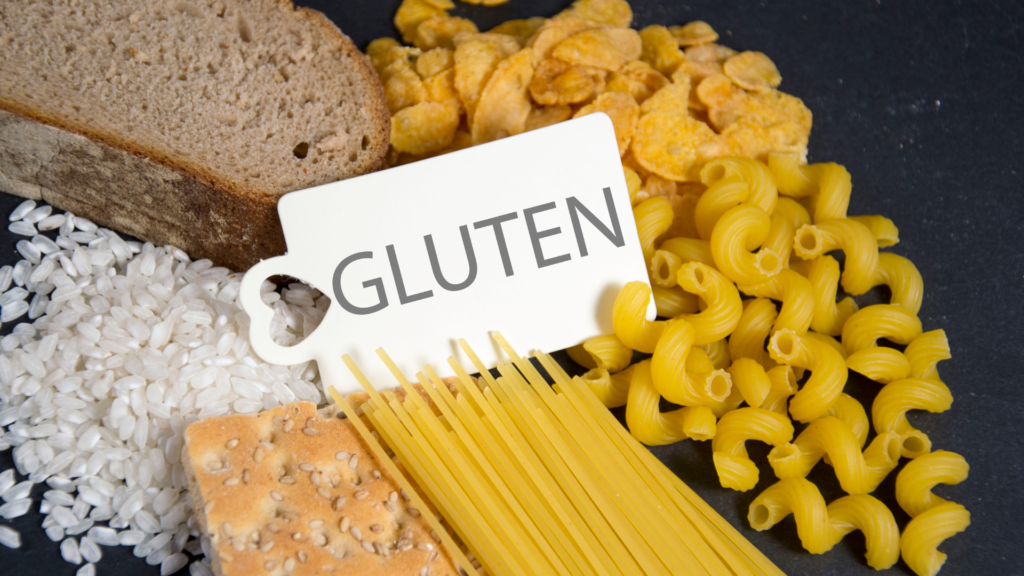Gluten Intolerance
Gluten intolerance or gluten sensitivity, is a condition in which the body is unable to properly digest gluten, a protein found in wheat, barley, and rye.
It’s a condition I recently found that I suffer from. Oddly, it seems that I may have been suffering from it since I was a teen. This is a new journey for me and I thought I would share some of it here.
When someone with gluten a gluten sensitivity consumes gluten, it can cause many issues that vary from person to person. It seems that it is not a one-size-fits-all syndrome. The only treatment for gluten intolerance is to adhere to a strict gluten-free diet.
The symptoms of gluten intolerance can vary depending on the individual, but common signs include digestive issues like gas, bloating, and diarrhea, as well as fatigue, headaches, and joint pain. If left untreated, gluten intolerance can cause long-term damage to the intestinal lining and increase the risk of other health problems, including anemia, osteoporosis, and certain cancers, if not managed.
Diagnosing gluten intolerance may involve blood tests, genetic testing, and a biopsy of the small intestine. However, simple testing by adjusting your diet may also provide valuable insight, as it did for me. Once diagnosed, the most effective way to manage gluten intolerance is to eliminate all sources of gluten from the diet. This means avoiding not only obvious sources like bread, pasta, and baked goods, but also hidden sources like sauces, processed foods, and even some medications.
Gluten in Medications
Yes, medications! Over the counter AND prescription. This was rather eye-opening to me.
While living with gluten intolerance can be challenging, many people find relief from their symptoms by following a strict gluten-free diet. It’s important to work closely with a healthcare provider or dietitian to ensure you are getting all the essential nutrients your body needs while avoiding gluten. With proper management, most people with gluten intolerance can lead healthy, active lives.
This month’s kitchen hack:
Check your medicine cabinet! I would have never imagined gluten was included in medicine. However, it is! Generally, it isn’t going to be spelled out as traditional gluten. Thus, making it more difficult to determine if it is in something you are taking. A couple of ways to find out if your medications have it are by contacting your doctor and asking… and good old fashioned Googling. While Google should never be your sole source for medical info, it can provide some insight.
Be sure to email your favorite gluten tips and hacks to me! I share my favorites and am interested to learn new things on this topic.

Laura Gunn
Founder, Kitchen Hacks
